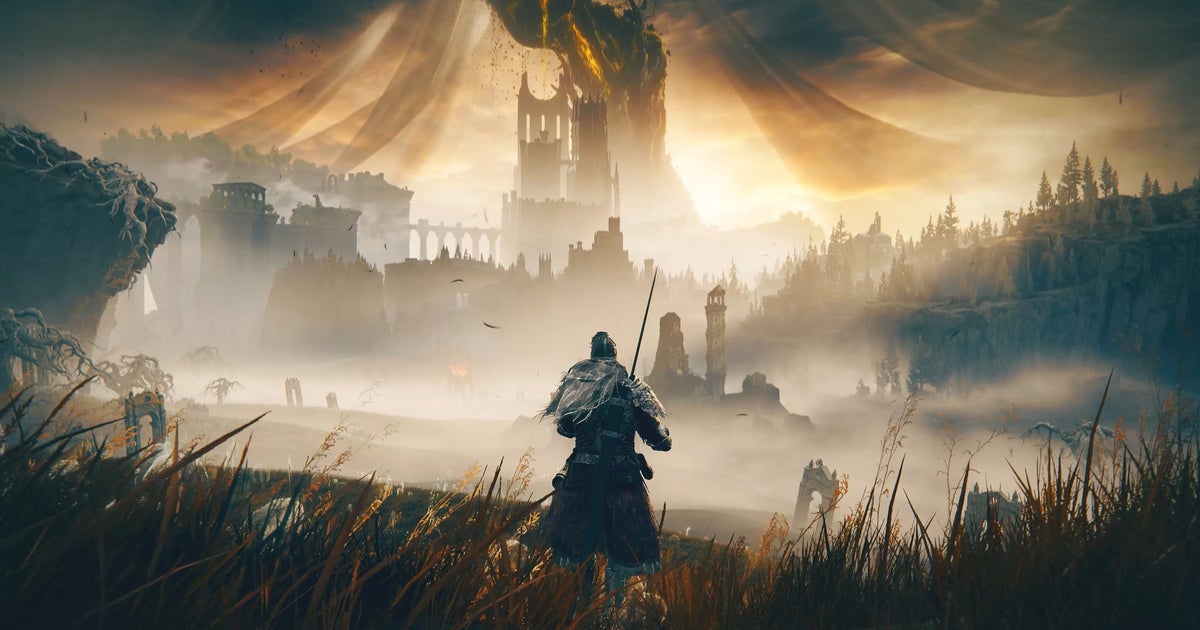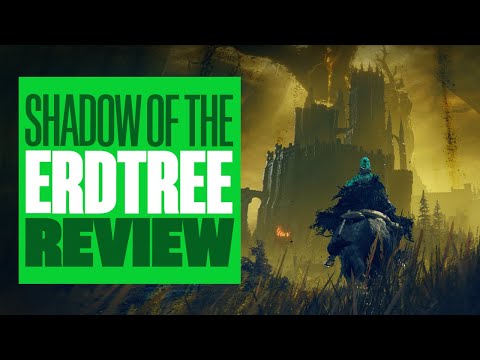There’s a moment in one of F. Scott Fitzgerald’s Pat Hobby stories that I think about quite a lot. Pat Hobby’s a character Fitzgerald came up with when he was knocking about Hollywood and trying to make money writing for the movies. As a result, Hobby is a somewhat desiccated scriptwriter himself. Over the course of a handful of lightly sketched narratives, Hobby loses jobs, squanders opportunities and gets in at least one fight with Orson Welles.
None of that is the stuff I find myself thinking about. Instead, it’s Hobby’s thoughts on adaptation – on the best way to turn a book or something else into a movie. His advice is fascinating. If it’s a book you’re adapting, don’t actually read the book. Instead, give the book to four friends and get them to read it. Then ask them what they remember of the book, and base your movie around those parts.
Fitzgerald is a maddening writer, and this is a really great example of why. I simply cannot work out if this is good advice or not. Obviously Hobby is an anti-hero, and written out like this it sounds like a comically bad idea. Don’t bother to read the book yourself? Just ask your pals to do all the work?
And yet, there’s something there, isn’t there? Kubrick always said that you needed five scenes for a movie – I think he called them “non-submersible units,” which is a very Kubrickian piece of terminology. And Hobby’s kind of getting at the same thing in his own lazy way. Faced with the intermittent vividness of something like The Great Gatsby, for example, I suspect Hobby’s approach would kind of work.
What I personally like about Hobby’s advice – and what makes me think that Fitzgerald agreed with it to a certain extent – is that it understands the terrifying power of memory. It understands that this is the place where everything ultimately lives, where events assume their final positions and where the complex can slowly become understood. To work from memory is only an insult to the text if you deny memory its obvious force and brilliance. And memory’s also a great filter for art. Once everything else has faded, what do I actually remember?
Hobby came to mind again last week when I read that Alex Garland is making a movie of Elden Ring. He’s not just directing it, he’s also writing it. When I read that, a bunch of thoughts tumbled into my head at once, and now I’m going to try and sort through them.
The first thought was that I’d very recently watched my first Alex Garland movie – Annihilation, his 2018 thriller about a bunch of people exploring a strange and deadly zone, where nature has made some unusual choices. Annihilation is adapted from the Jeff VanderMeer novel of the same name, and I watched the movie because I’d just finished reading the novel. (I read the novel because it’s just been re-issued with an absolutely stellar cover, incidentally, but that’s probably irrelevant.)
Two things here. One: Alex Garland strikes me as someone who’s probably rather brilliant in a lot of ways. Two: Annihilation strikes me as a very difficult novel to adapt, and for me at least, the finished film backs this up. I don’t mean that as any kind of dig: I think it’s all really interesting.
Annihilation the novel is a thriller but it’s also a mood piece. It comes bearing vibes and its wordless fretfulness. A group of women, known only by their professions, head into Area X, a section of sodden wilderness where weird things have started to happen, and they experience the weird things for themselves. There’s a luminous sense of impending doom to proceedings, but rather than a huge amount of plot, the act of reading the book is a bit like the act of navigating uncertain territory. VanderMeer feels guided by landmarks: there’s the boundary to this zone we’re in, there’s a lighthouse in the distance and an island beyond that, and there’s a frightening and inverted tower further back near the start.
If you’ve only seen the movie, you probably don’t remember the tower. That’s because it isn’t in the movie. And I suspect that this, in turn, is because of the way Garland wrote the movie. He’s described his approach as one that creates a “memory of the book” rather than a rigorous translation of it – that is, a translation from text to cinema. He was working from the first book in a trilogy – now more than a trilogy – that had been proposed but not finished. And he was working with a novel that leaves a lot of space up to the reader. Space to interpret events, sure, but more specifically space to create associations. VanderMeer is one of those fantasy and sci-fi writers who I feel is always writing about this world and this moment. The Rosetta Stone, if there even has to be one, surely lies with the places that the reader’s mind moves towards as they read.
Real talk: the tower is my favourite part of Annihilation, and to explain why I don’t really need to spoil it. All I need to say is that what unfolds in there gives the reader a sense of threads coming together, a sense of a big third-act moment, without then really explaining the whole thing to death and robbing it of its mystery. That’s the point, in fact. There is stuff in the tower that is so fascinating because it cannot be resolved, its meaning is not meant to reveal itself cleanly no matter how hard you think about it or how many clues you gather.
Garland has said that he wanted this memory of the novel approach to create something dreamlike, and I think it does. But it’s dreamlike to me in terms of dreams’ capacity to create unusual spaces and then tell you exactly how to feel about them. There’s mystery to the film of Annihilation but there are also the beats you expect from a big budget movie – the beats you might argue that you need in order to be allowed to make a big budget movie. There are set-pieces and reveals and a final moment that provides a certain degree of closure but also feels, to me, a bit like settling for something definite.
All of which is to say that I don’t know if the “memory of the book” approach works for Annihilation, in part because Annihilation itself is so sparse and so unwilling to explain itself. Faced with that, the memory becomes something that doesn’t just edit but sort of pushes stuff towards easy meaning. It clarifies and sharpens a little too much.
And yet! Plot twist. I think that makes it the perfect way to approach something like Elden Ring. And while Annihilation the film didn’t work for me, I am eager to see what Garland’s “memory of the game” approach would create here.
This is because Elden Ring is almost the complete opposite of Annihilation. Whereas before, Garland was trying to dream a version of something that was already a dream, here he’s faced with a dizzyingly deep and considered history – the entire history of a place and all the factions vying for power within it. Take any character from Elden Ring and they could easily be their own movie. Goldmask could be a movie, but so could Fia. So could Placidusax. So could the Astrologers or the Nox. This stuff goes all the way down.
You can get away with this in a game like Elden Ring, where the open-world approach isn’t just there to give you agency in where you go and what you do, but is there to give you the mental space in which to make connections and pick through the very specific ways that Elden Ring tells its story. Remember, these games tell their stories in landscapes and people, sure, but also in item descriptions and that one out-of-place enemy that might be a glitch and might be a suggestion that two scattered locations and peoples had a connection that you really have to dig for.
Yes, you can do that in other kinds of stories. You can do that in a TV series for sure, but again, you have not just the time to tell a big story, but the time in between episodes for people to theorise and strategise and cobble together improbable plots.
But for a film? A big budget film? This stuff is often brilliant – Fia alone is completely fascinating – and yet all that available brilliance has to be condensed and thinned out, or it’s all for nothing. And you need to find a way to condense it – squash down characters, combine events, cut entire locations and factions if need be – which allows you to simultaneously hone in on a clear narrative and also ensure that you have retained, well, the vibe. The atmosphere that each work of art has that’s as specific as a fingerprint.
How do you do that? I imagine a good way to do it would be to play and play and play, and see the different endings and embed yourself in Youtube and the wikis for a month and then – and then step back. When it’s time to write, write directly from how the whole thing has settled in your mind, and don’t have even the most basic wiki tab open on your computer as you do so.
More writing lore: Kazuo Ishiguro has said that he always does research after he writes something. He imagines and creates, and only after that’s done does he check to ensure that it all makes sense, that it’s all viable. That doesn’t seem a million miles away from how Garland approached Annihilation, a movie which I’m very much aware that a lot of people really love. And, scandalous as it feels to even suggest this, I hope it’s how he approaches Elden Ring, a movie which I am absolutely eager to love in turn.


